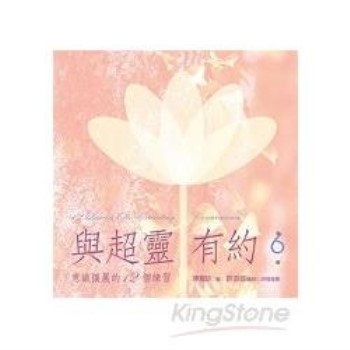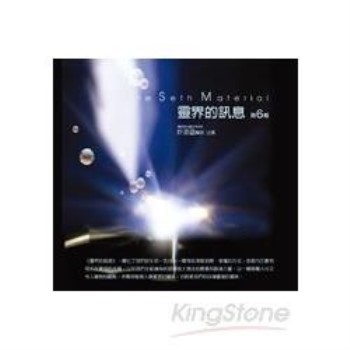This text will examine U.S. Supreme Court cases which highlight, feature and illuminate some facets of natural law reasoning since the Court’s decree in Roe v. Wade. For most of our constitutional and legal history, there has been an exhilarating debate about whether natural law commands or encourages certain legal resolutions - even from the time of the Founders. Most would concur that the legal philosophy of Jefferson and other Founders favored a natural law basis for this republic and its corresponding rights. And while the proposed text accepts that the concept and understanding of natural law reasoning has both supporters and detractors in contemporary settings, earlier Supreme Court rulings on controversial subject matter used natural law language with regularity. Since the 1970s, the idea of a perennial, immutable and unassailable natural law has lost favor. And given the recent surge in controversial case law and conflicting decisions on highly charged topics, a return to first principles grounded in nature and natural law might be beneficial. Indeed, the proposed research hopes to gauge its current relevance, usage and reliance in more modern judicial cases.
| FindBook |
有 1 項符合
Natural Law Jurisprudence in U.S. Supreme Court Cases Since Roe V. Wade的圖書 |
 |
Natural Law Jurisprudence in U.S. Supreme Court Cases Since Roe V. Wade 作者:Nemeth 出版社:Anthem Press 出版日期:2024-11-12 語言:英文 規格:平裝 / 236頁 / 22.86 x 15.24 x 2.03 cm / 普通級/ 初版 |
| 圖書館借閱 |
| 國家圖書館 | 全國圖書書目資訊網 | 國立公共資訊圖書館 | 電子書服務平台 | MetaCat 跨館整合查詢 |
| 臺北市立圖書館 | 新北市立圖書館 | 基隆市公共圖書館 | 桃園市立圖書館 | 新竹縣公共圖書館 |
| 苗栗縣立圖書館 | 臺中市立圖書館 | 彰化縣公共圖書館 | 南投縣文化局 | 雲林縣公共圖書館 |
| 嘉義縣圖書館 | 臺南市立圖書館 | 高雄市立圖書館 | 屏東縣公共圖書館 | 宜蘭縣公共圖書館 |
| 花蓮縣文化局 | 臺東縣文化處 |
|
|
圖書介紹 - 資料來源:博客來 評分:
圖書名稱:Natural Law Jurisprudence in U.S. Supreme Court Cases Since Roe V. Wade
內容簡介
作者簡介
Charles P. Nemeth, chair and professor at John Jay College in New York City, has spent the vast majority of his professional life in the study and practice of law and justice. He is a recognized expert on professional ethics and the justice system, private sector justice and private security systems. An educator for more than 40 years and a prolifi c writer, Nemeth has published widely on law and justice and also on Thomas Aquinas. He has also served as chief editor of the peer-reviewed journal The Homeland Security Review since 2005.
|





![塔木德:猶太人的致富聖經[修訂版]:1000多年來帶領猶太人快速累積財富的神祕經典 塔木德:猶太人的致富聖經[修訂版]:1000多年來帶領猶太人快速累積財富的神祕經典](https://media.taaze.tw/showLargeImage.html?sc=11100697818)




